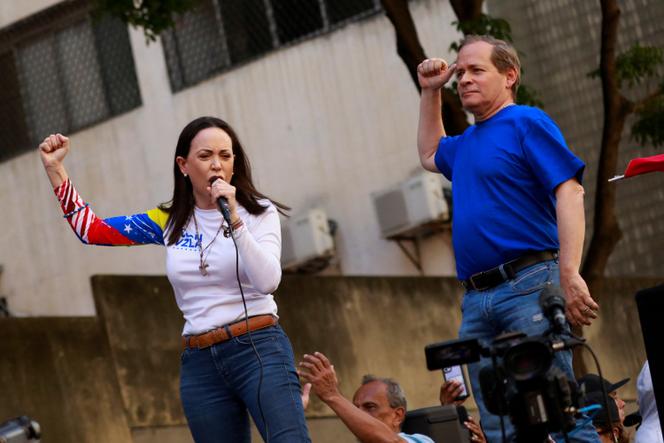


10 months after the disputed re-election of President Nicolas Maduro, Venezuelans were called to the polls on Sunday, May 25, to choose 24 governors, 260 regional councilors and 285 members of the National Assembly. According to polls, fewer than one-third of the 21 million eligible voters planned to turn out. "Why vote if it doesn't matter?" asked 26-year-old Ariadna Camacho. That was also the view of opposition leader Maria Corina Machado, who described the election as a "farce" − a "trap" set by a government lacking democratic legitimacy. Machado called for a boycott. "It no longer makes sense to vote after President Nicolas Maduro shamelessly stole the presidential election on July 28, 2024," opposition figure Rafael Uzcategui also said. The debate over whether to vote or not is new within an opposition that has often advocated abstention.
Camacho voted that day for opposition candidate Edmundo Gonzalez, "like the vast majority of Venezuelans." However, the National Electoral Council declared Maduro the winner, without releasing detailed vote counts. Repression quickly quashed the resulting discontent. More than 2,000 protesters and dozens of election observers were arrested. At the end of August 2024, Gonzalez went into exile, Machado went underground and resignation set in. Miserable wages and the return of inflation now dominate everyday conversations. "No one talks about politics anymore," said Camacho. According to opposition figure Henrique Capriles, "Many Venezuelans don't even know elections are being held this Sunday."
You have 65.78% of this article left to read. The rest is for subscribers only.
